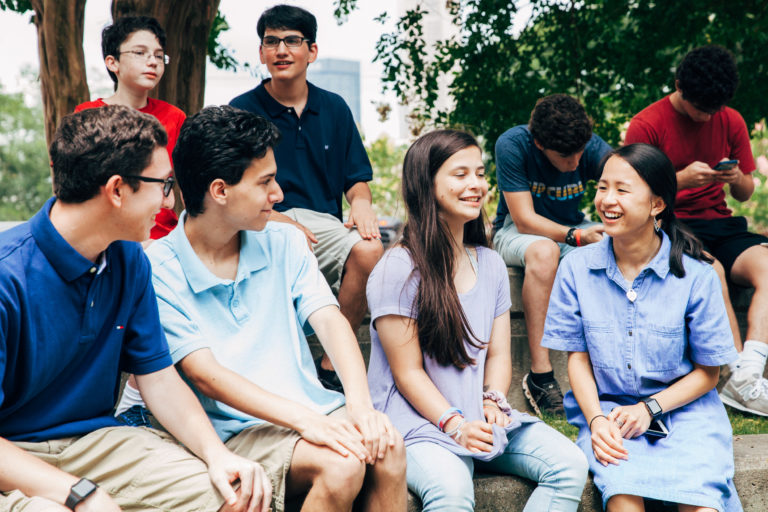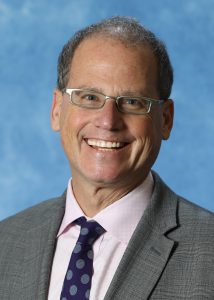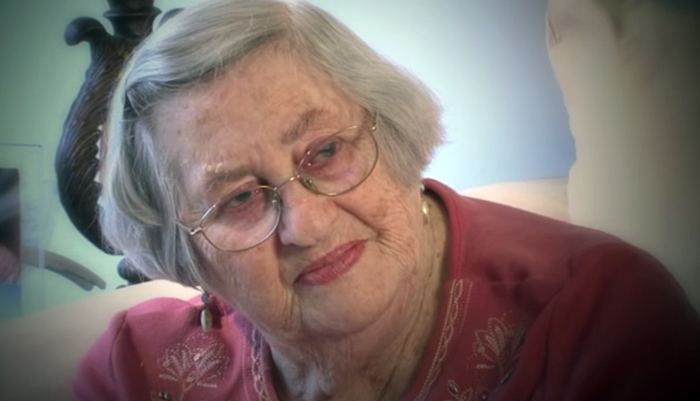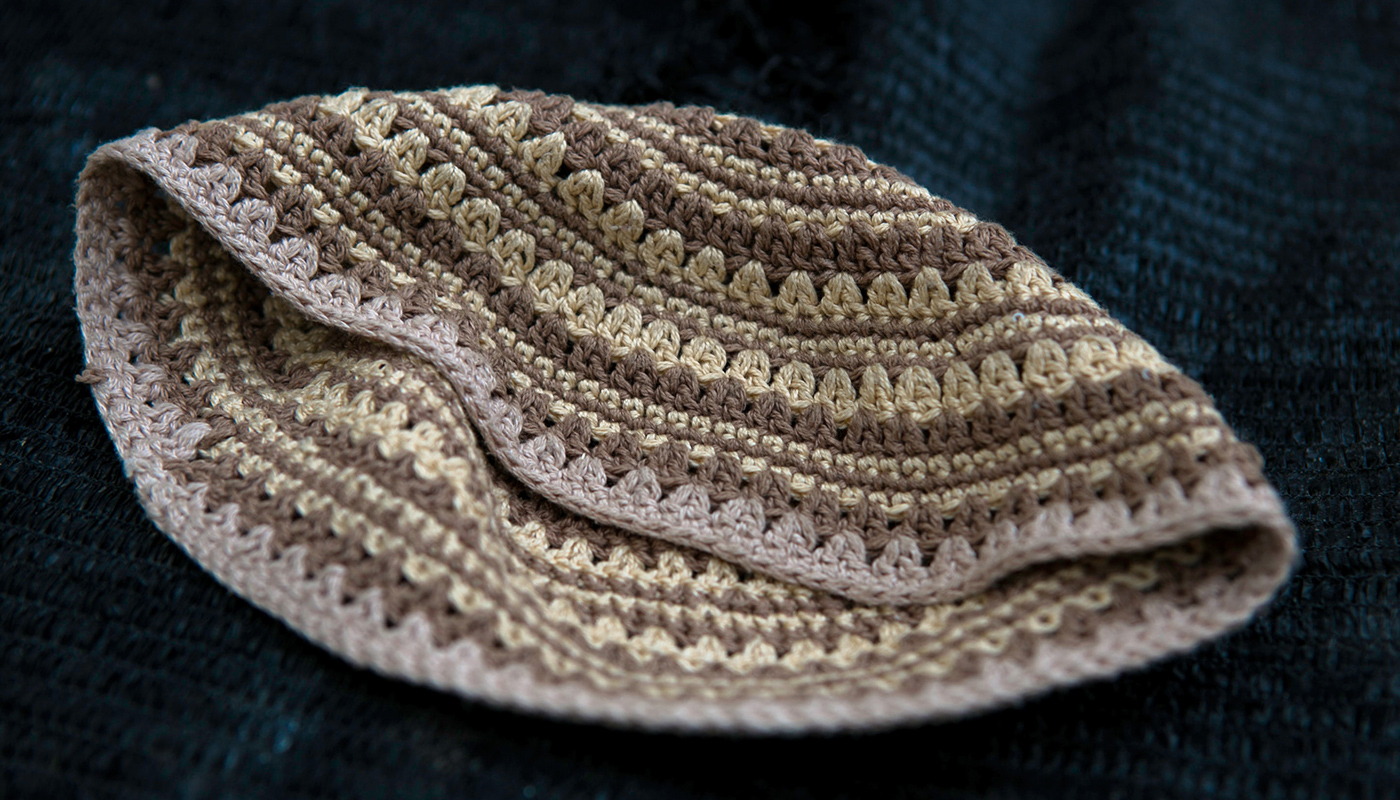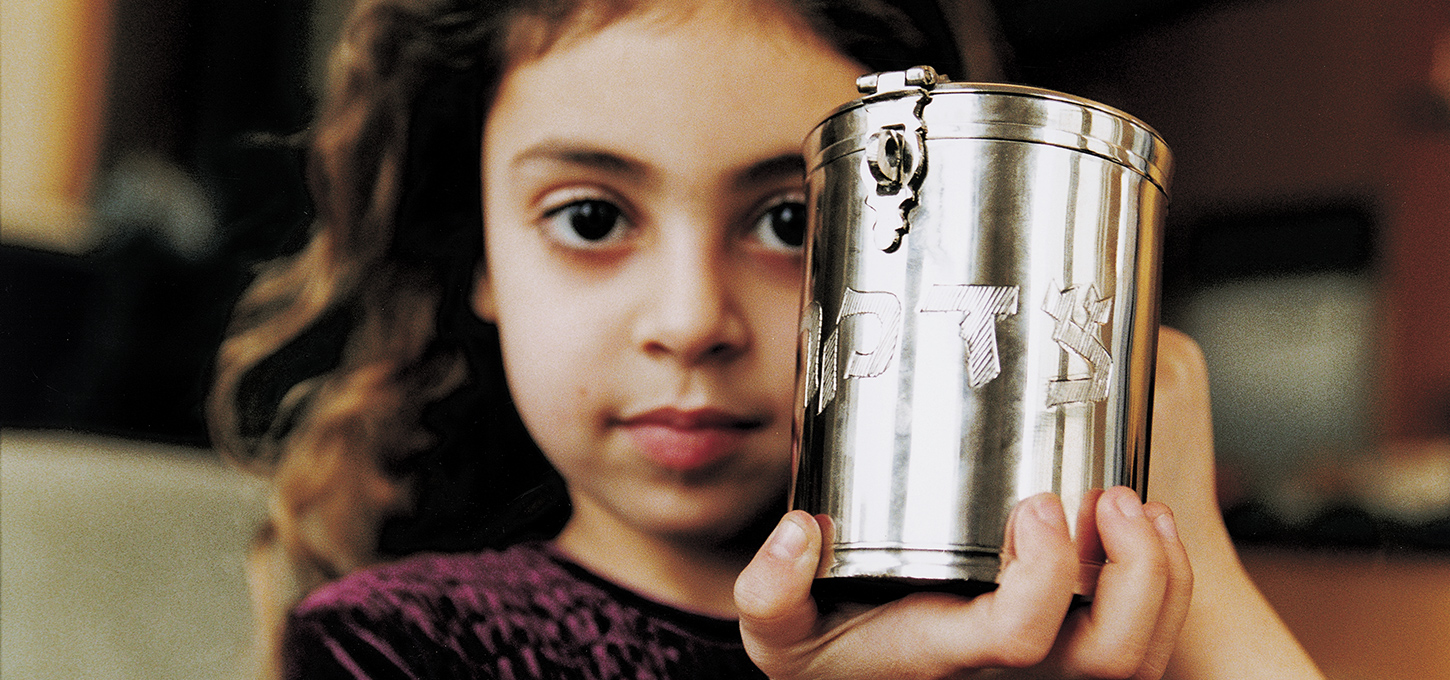This month as we name our Change Maker, we want to do things a little differently and chat with our honoree, Ms. Varda Cheskis Sauer. A teacher by trade and a champion for creating more places and ways for teens to connect with Jewish life, Varda is known and beloved by the hundreds of students that come through the doors of the Jewish Culture Club at
North Springs Charter High School.
This spring after 14 years, she’s moving on from sponsoring the club, but her support and dedication will not be forgotten. Thank you, Varda, for investing in the Jewish teens of Atlanta and for being a Change Maker in our community!
JumpSpark: How many years have you sponsored the Jewish Culture Club at North Springs?
Varda Cheskis Sauer: I have sponsored the Jewish Culture Club for 14 years! Some students approached me in 2005 about starting a “Jewish club.” Initially I told them no because, with North Springs being a public school, I did not want to violate the law of separation of church and state. Then, we came up with the idea of a Jewish “Culture” Club where everyone would be welcome who might want to join! The rest is history!! We are the largest club at North Springs with the most active membership! Virtually EVERY member attended every single meeting!
JS: Why did you choose to devote so many years to teens?
VCS: I know that most teens have little or no Jewish continuity in their lives from their Bar/Bat Mitzvah years until they have children of their own. That’s a long gap with no Jewish education! My goal was to provide education at every single meeting in order to fill that gap! It was a challenge to figure out a model that would draw students in and KEEP them!! After all, they had to give up their lunch period and social time with their friends! Having Rabbi David Silverman as our main speaker was definitely a huge asset and draw for the students. He has been extremely engaging with the teens and made every meeting fun and inspirational!
JS: Do you have an idea of how many total teens have come through the club over the years?
VCS: My estimate is about 1600 teens came through my North Springs Jewish Culture Club! The club grew very quickly – word spread like wildfire! The club started out with 20 student-teens, doubled in size the next year, and by the 4th year, we had 100 members and could barely fit in any room in the school! By the 10th year, we had 160 active members and were lucky to have the use of the huge Band room and Media Center for our meetings! No classroom could accommodate a club of our size!
JS: What do you most hope they’ve learned from you and the Jewish culture club?
VCS: The teens have experienced a real sense of ‘kehillah’ or ‘community!’ They loved having a regular time when they would learn about Jewish culture with other teens in their public school. Over the years they have told me that they learned so many things about Judaism and its culture that they never studied when younger. They have been taught excellent skills on how to respond to many questions from the general school population. They said this gave them a sense of security within their social circles.
JS: How many years did you work as a teacher and what subject(s) did you teach?
VCS: I was at North Springs High School for 24 years! I taught Sociology and Health Education in the late 1980s for 3 years and then I shifted careers for a few years while raising my children. I came back to NSHS in 1995 and retired in 2016! I created two amazing Internship classes – Mentorship and Magnet Internship. I taught 11th and 12th graders all about the value of internships and then I placed them all out into internships during their class time with me! My classes were definitely a favorite elective for the students!
JS: How else have you worked or volunteered with Jewish teens?
VCS: As a teen myself, I was a volunteer teaching assistant at my own synagogue Hebrew School in Chicago. As a mom, I served on the Adult BBYO Board in the mid-1990s. I chaperoned teens on numerous field trips for the Greenfield Hebrew Academy (now Atlanta Jewish Academy) including their big 8th grade trip to NYC.
